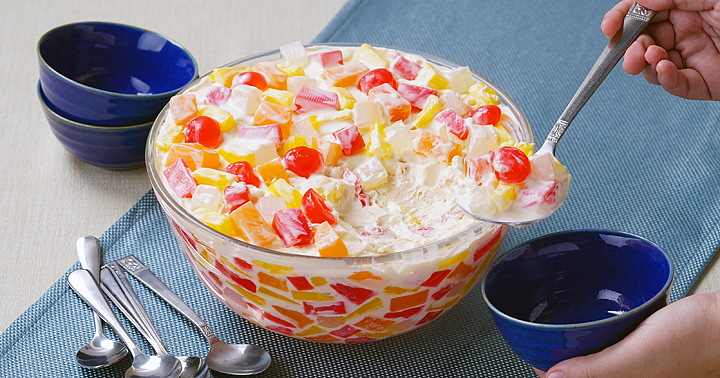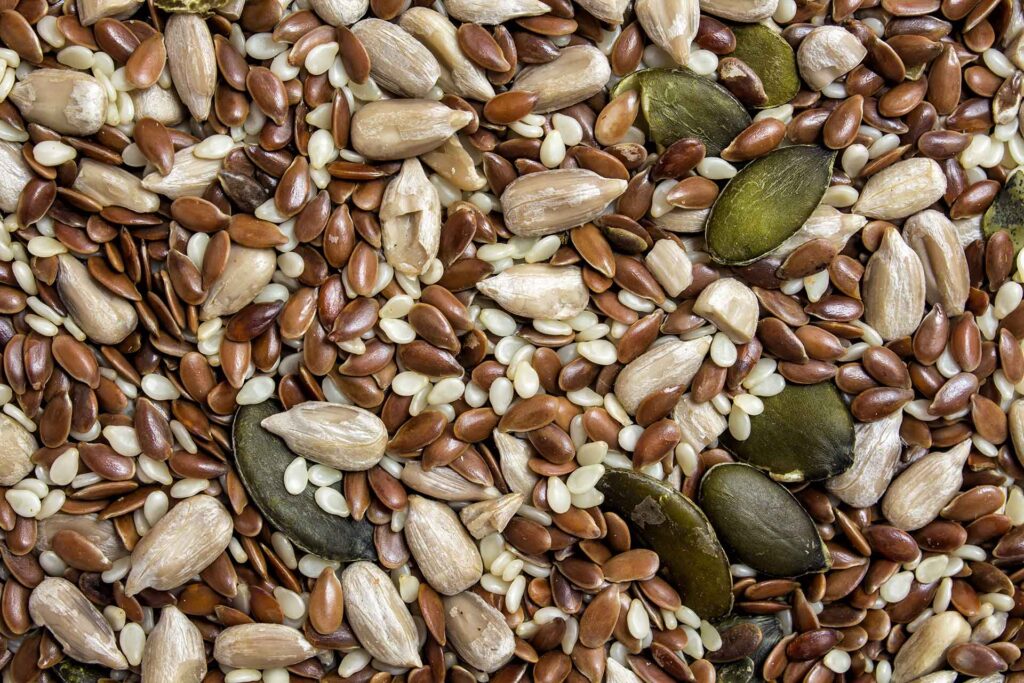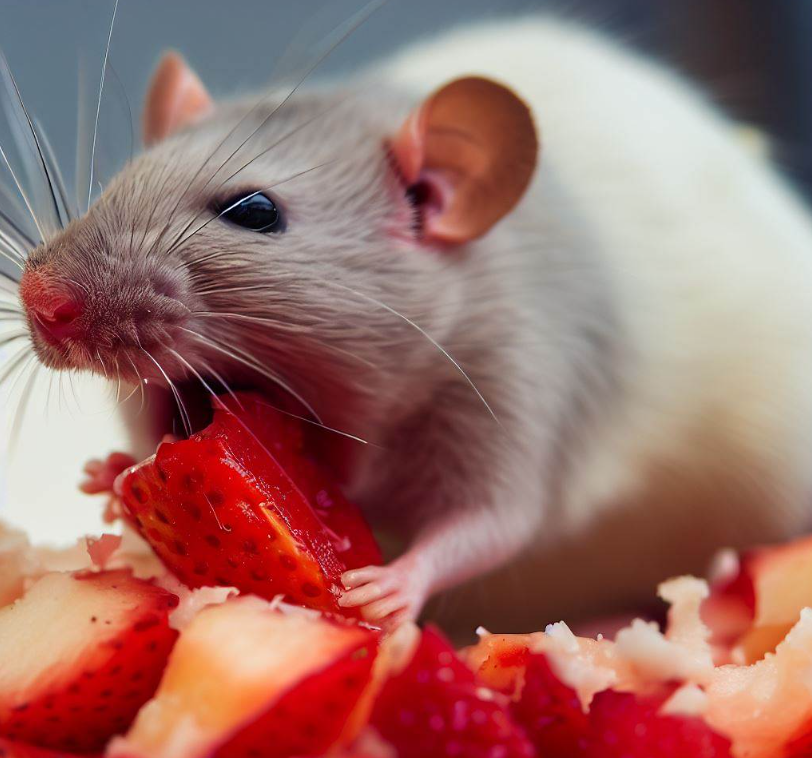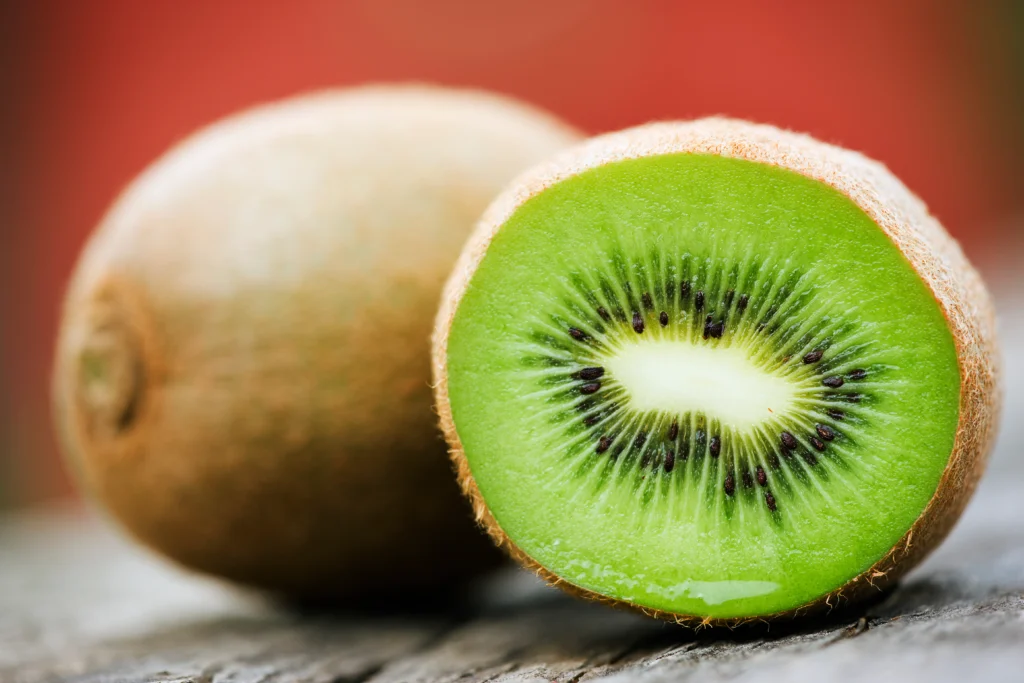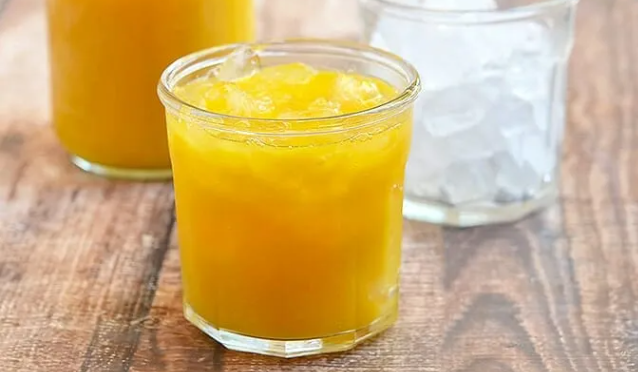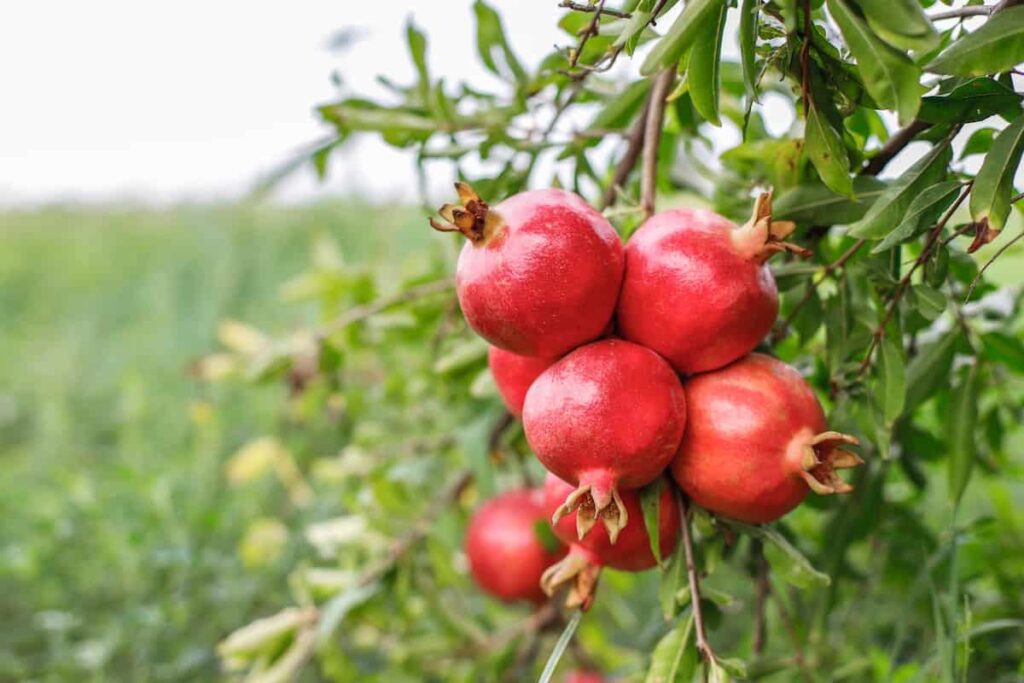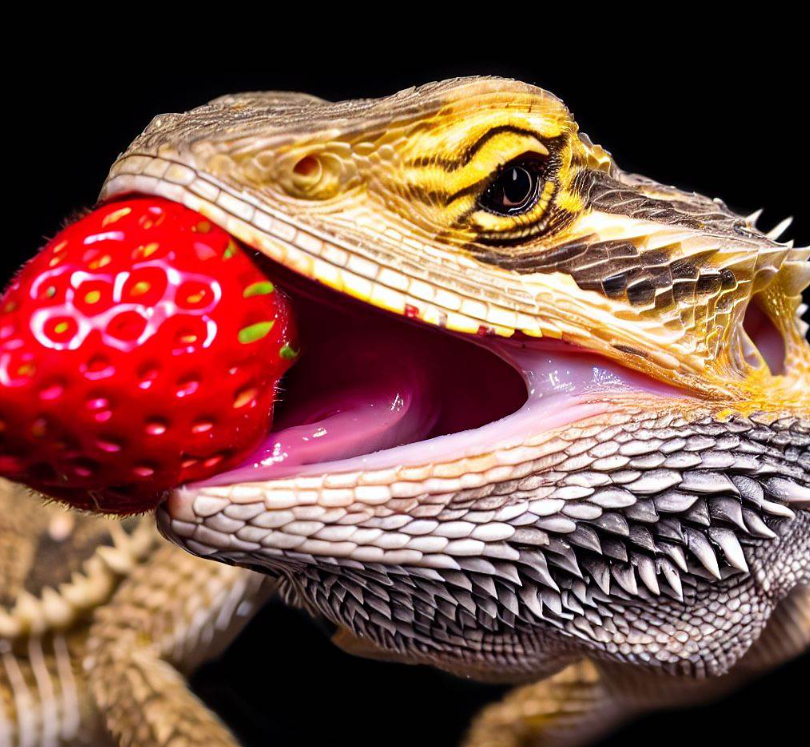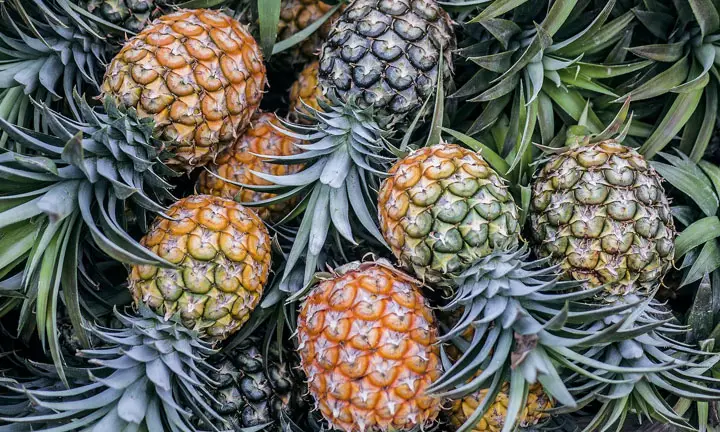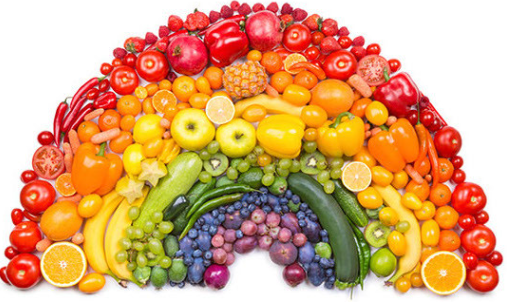Have you bitten into a persimmon before it was ripe and gotten a bitter taste? There are many simple ways to take away the bitterness and make persimmons sweet and delicious. We’re going to look at different ways you can do this at home.
Table of Contents
- What Does Astringency Mean?
- Why Are Persimmons Sometimes Bitter?
- How Can You Tell if a Persimmon Will Be Bitter?
- How Can You Make Persimmons Less Bitter?
- 1. Wait for Persimmons to Ripen By Themselves
- 2. Help Persimmons Ripen with Alcohol
- 3. Dip Persimmons in Hot Water
- 4. Microwave Persimmons
- 5. Freeze Persimmons
- 6. Use Carbon Dioxide
- 7. Try Tannin-Removing Powder
- 8. Ripen Persimmons with Apples
- Is it okay to eat astringent persimmons?
- Can I eat persimmons that aren’t astringent before they’re fully ripe?
- Does the alcohol ripening method work on other kinds of fruits?
- Can eating astringent persimmons be harmful?
- Will using a dehydrator take away the astringency in persimmons?
What Does Astringency Mean?
Astringency is when your mouth feels dry and puckery. It comes from things called tannins, which are in foods like persimmons, tea, and red wine. Sometimes, a little astringency tastes good, like in wine, but too much of it in unripe persimmons can taste bad.
Why Are Persimmons Sometimes Bitter?
Persimmons have a lot of tannins, especially when they’re not ripe yet. These are mostly in the skin and seeds.
When persimmons ripen, the tannins change into simpler stuff that isn’t bitter. But, if the fruit is picked too early or gets too cold, these tannins might not change all the way, and the persimmon stays bitter.
How Can You Tell if a Persimmon Will Be Bitter?
You can guess if a persimmon will be bitter by its color and how hard it is. Bitter ones are usually really orange and feel hard. Sweeter ones are a lighter orange and feel a bit soft.
How Can You Make Persimmons Less Bitter?
There are quite a few ways to take the bitterness out of persimmons, so you can pick and choose what works best for you.
1. Wait for Persimmons to Ripen By Themselves
One simple way to make persimmons sweet is just to wait. Leave them out at room temperature, and after a while, they’ll get ripe and soft all on their own.
2. Help Persimmons Ripen with Alcohol
This trick uses a paper bag and some fruit that’s already ripe, like an apple or banana. These fruits give off a gas that helps persimmons ripen faster. If you add a little bit of alcohol to the bag, like vodka, it works even better. Close up the bag and check in a few days to see if they’re ripe.
3. Dip Persimmons in Hot Water
You can also dip persimmons in hot water for a couple of seconds. Boil some water, take it off the heat, and put your persimmons in it for a bit. Then, take them out and let them cool down.
4. Microwave Persimmons
Use the microwave to soften persimmons and make them less bitter. Put them in a microwave-safe bowl and heat them for a short time. This helps change the tannins quickly.
5. Freeze Persimmons
Freezing can work too. Just freeze the persimmons and then let them thaw out. This process also deals with the tannins.
6. Use Carbon Dioxide
Carbon dioxide gas can also make persimmons sweet, but this method is tougher to do right. You put the fruit in a container with dry ice or carbon dioxide gas, which helps change the tannins. Only try this if you know how to handle these materials safely.
7. Try Tannin-Removing Powder
Some powders are made just to get rid of bitterness in fruits. You sprinkle the powder on your persimmons, wrap them up, and wait a couple of days until they’re ripe.
8. Ripen Persimmons with Apples
This is like the alcohol method, but with just an apple. The apple still releases the gas that helps persimmons ripen, just without the extra help from alcohol.

